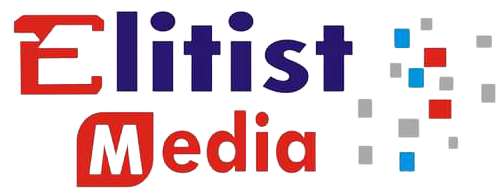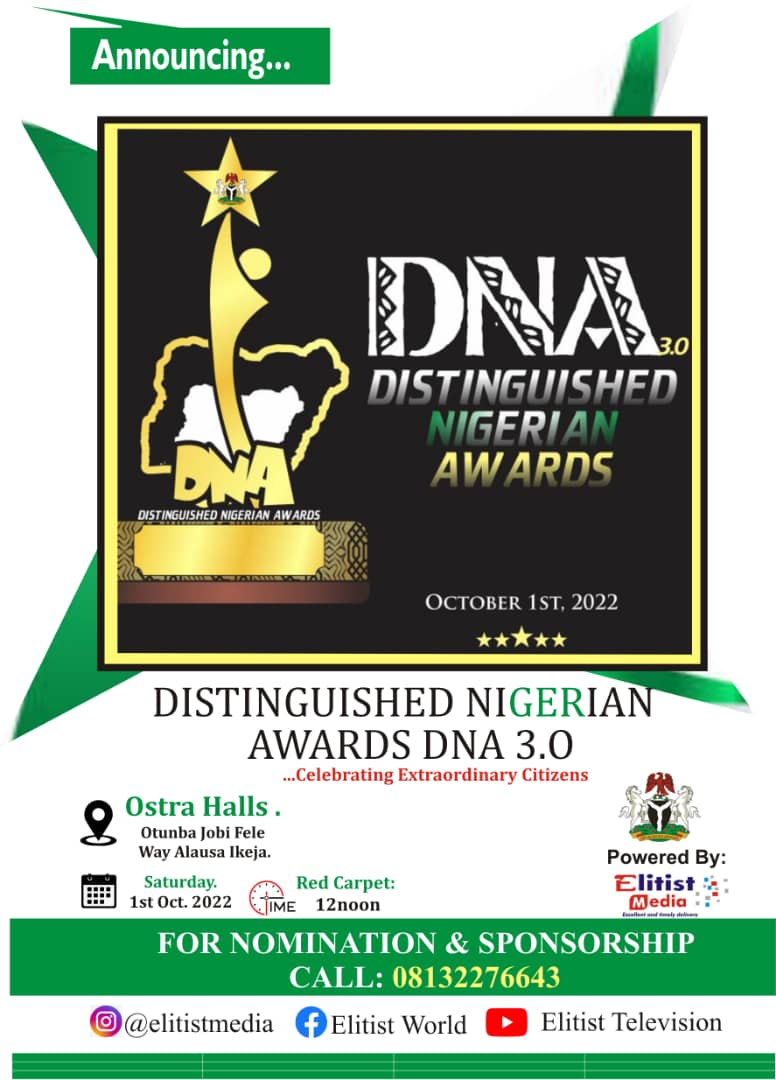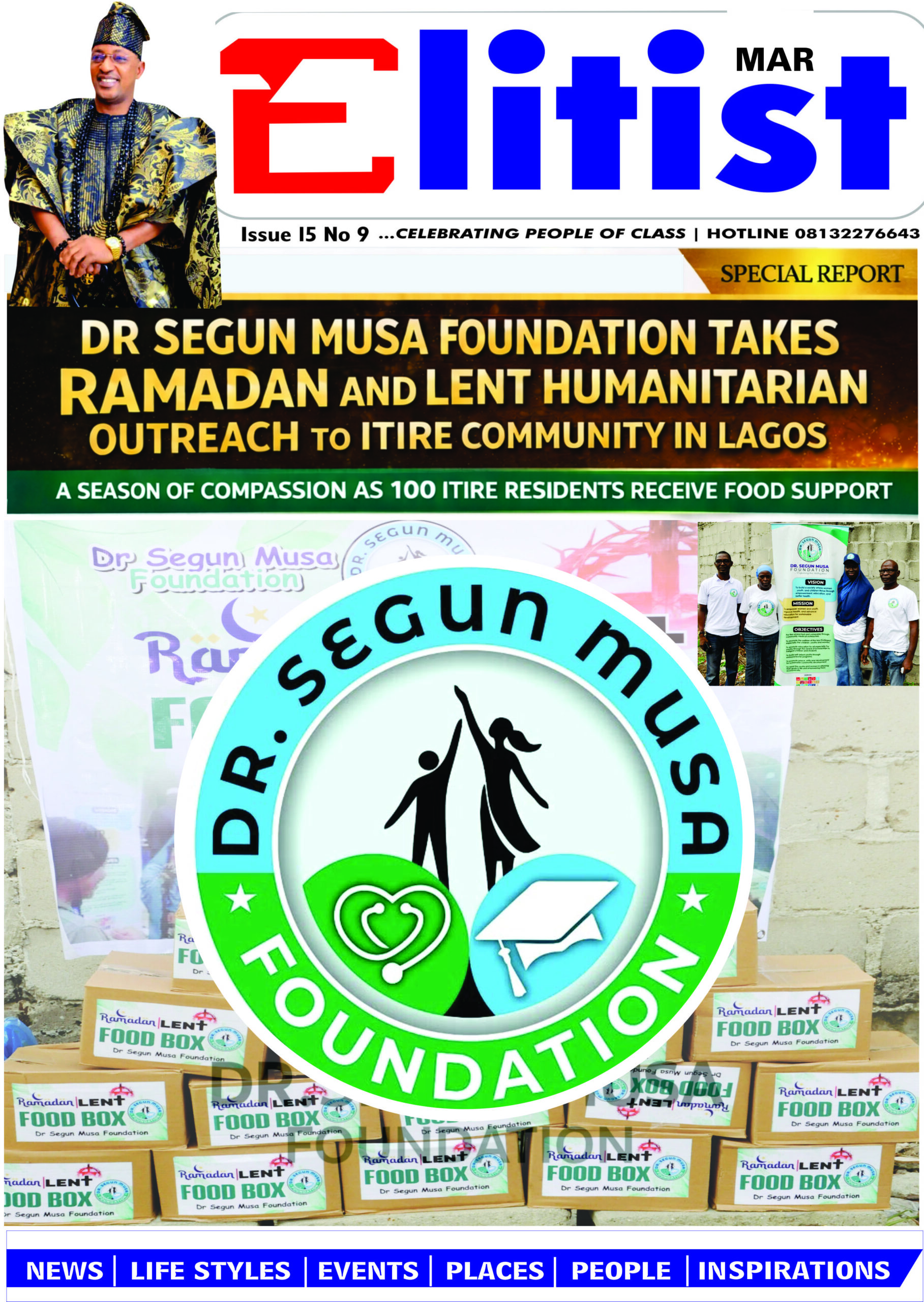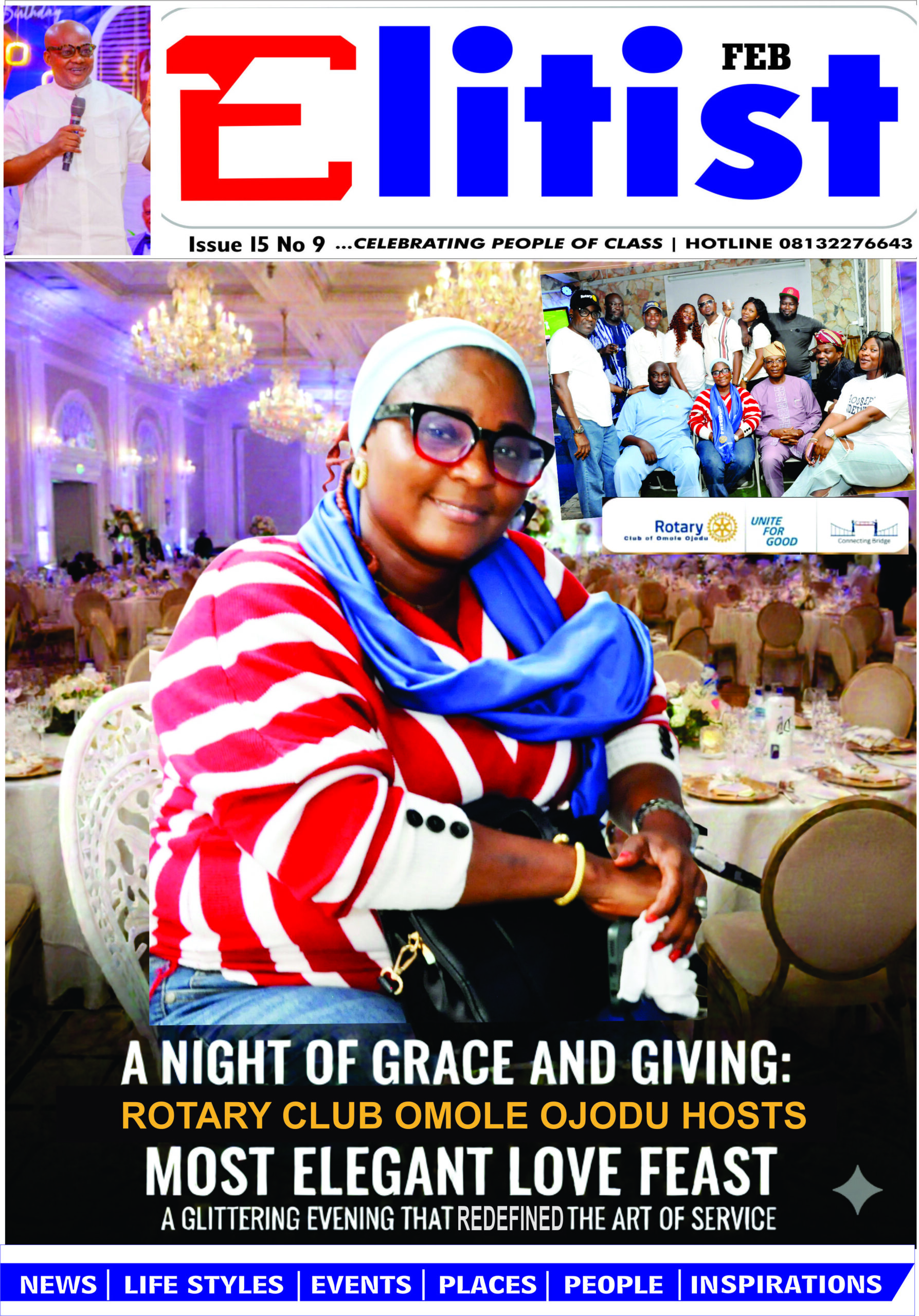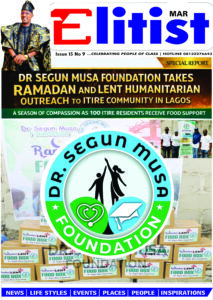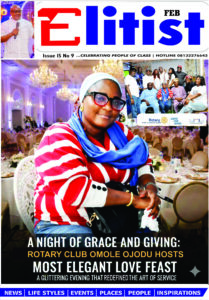Princess Sayo Adenle, the Managing Director/CEO of Saver Shopping Village Limited, is a compassionate individual with a genuine desire to alleviate poverty and enhance prosperity in the lives of her fellow women, particularly those involved in agriculture in Ekiti State. Through her initiative known as the Women Farmers Association in Ekiti State (WAFAES), a non-governmental organization established a few years ago, Princess Adenle, the Iyalaje of Ikere Kingdom, has chosen to support women in wealth creation, business sustainability, and prosperity in Ekiti State. She has conducted numerous women’s empowerment programs throughout the state, utilizing local government areas as a platform. The ongoing agricultural programs organized by the NGO in various local government council headquarters in Ekiti State are aimed at empowering women in agriculture, as she believes that mutual collaboration leads to progress.

Princess Adenle, who serves as the patroness of the National Association of Ikere Students, stated, “Given that women are the foundation of homes and constitute the majority of the state’s population, it is both logical and necessary to empower this group as catalysts for development.”She revealed that the association’s goal is to assist women in agricultural farming in Ekiti State to enhance the state’s economy and ensure their active involvement in the agricultural transformation agenda. The association’s initiatives include raising awareness among rural women, advocating for women’s participation in the state’s agricultural programs, facilitating access to agricultural loans or grants, among other activities.
One of the association’s primary outreach strategies involves engaging with State and Local Council areas to provide training/investment opportunities, grants or loans, access to improved seedlings, and other resources. This is just one of the ways Princess Adenle endeavors to support and enhance food security in Ekiti State and Nigeria as a whole.
The decline in food production in the state is attributed to various factors such as insecurity, lack of motivation, limited access to credit or improved seedlings, storage challenges, and poor market access. When these food items are available in limited quantities, their prices tend to be exorbitant due to low production, resulting in demand outstripping supply.
Princess Adenle highlights the need for public investments that promote the use of agricultural inputs and mechanization to be readily available for women in rural areas. A World Bank report indicates that the majority of inputs in most value chains are allocated to male farmers, despite women’s significant participation in these value chains. Only about 35 percent of irrigation, mechanization, and tools are allocated to women, as opposed to the 65 percent allocated to men, even in regions like sub-Saharan Africa.

The report also emphasizes the significant barriers women farmers face in accessing financial services, hindering their ability to tap into markets at various stages of the agricultural cycle. To address these challenges and enable women to access markets and engage in more profitable value chains, targeted public funding should be directed towards supporting or subsidizing innovative financial mechanisms. Moreover, financing aimed at providing training modules on personal initiative and socio-emotional skills for women could be integrated into extension programs, as studies have shown that this can increase women’s likelihood of adopting more lucrative crops.


